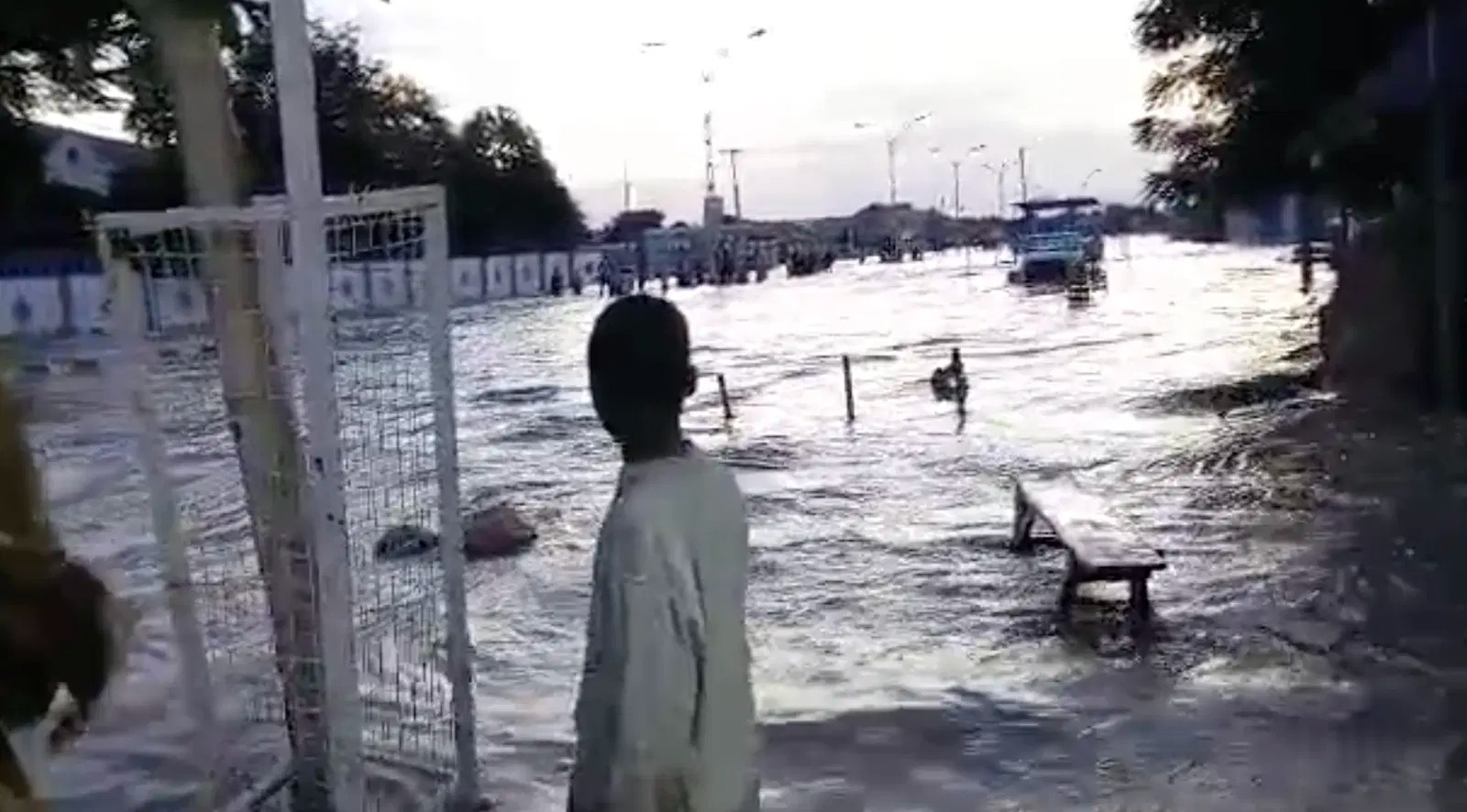The Defence Headquarters (DHQ) has pledged to intensify its fight against terrorism and its collaborators following a resurgence of attacks in Borno State attributed to foreign agents and local informants aiding the insurgents. Addressing a press conference in Abuja on Thursday, Major General Edward Buba, DHQ spokesperson, revealed that the recent wave of attacks in the North-East is linked to an …


